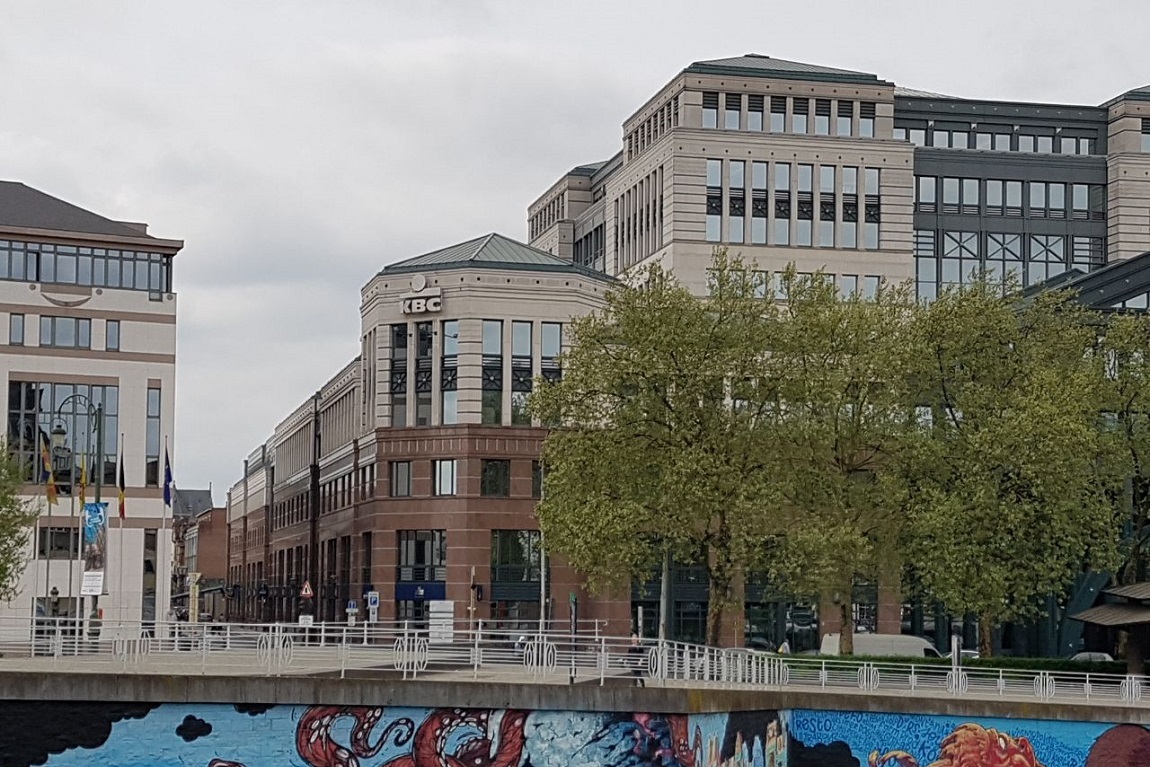UPDATE: Authorities in Belgium and Luxembourg are refusing to investigate apartheid economic crimes, the Centre for Applied Legal Studies (CALS) said in a statement on July 31. This come a year and some months since Open Secrets and CALS demanded that the Organisation for Economic Co-operation and Development (OECD) hold these businesses accountable for their complicity in crimes against humanity. “With no clear reason for their refusal to engage with our complaint, and after providing a response nine months later, we are forced to question the independence and and effectiveness of these mechanisms,” the statement read.
A number of international banks funded the apartheid regime and its military through credit. It has been one year since Open Secrets, along with the Centre for Applied Legal Studies (CALS), demanded accountability from the international banks in Belgium and Luxembourg that financed apartheid. The organisations submitted a complaint to the Organisation for Economic Co-operation and Development (OECD) National Contact Points (NCPs) in Belgium and Luxembourg April 24 and 26, 2018.
Open Secrets and CALS found last year that two European banks, Kredietbank Group (KBC) and Kredietbank Luxembourg (KBL), were front and centre of the apartheid State’s international arms money laundering machinery. However, the decision on whether or not their complaints would be investigated has been postponed a number of times.
The decision was initially supposed to be announced by the end of July last year, three months after Open Secrets and CALS laid the complaint.
“Open Secrets and CALS attempted to hold KBC Group and KBL to account for the pivotal role they played in maintaining the apartheid State and the consequent crimes against humanity perpetrated against South Africans by the apartheid State,” Open Secrets legal researcher Tabitha Paine said in an interview with The Daily Vox.
Open Secrets and CALS also discovered a conflict of interest make-up of the decision-making body of the Belgian NCP. “Senior Executives of the KBC Group and those intimately connected to KBC Group hold important positions at Belgian industry bodies Federation of Enterprises of Belgium (FEB) and Comeos. They are therefore decision-makers in whether or not to investigate a complaint that implicates them,” Paine said.
Following this discovery, in June 2018, Open Secrets and CALS wrote to the NCP requesting that the organisations in question recuse themselves from the process. However, their concerns were not addressed. “Despite numerous requests, we still do not know why our concern has not been properly addressed. We do not know how our concern was brought up at NCP meetings, nor the procedures used,” said Paine.
The organisations then wrote a letter to the General Secretary of the OECD, who made recommendations to the Belgian NCP. The letter has, this week, been released to the public.
In releasing the letter to the public, Paine said Open Secrets and CALS hope to finally get a substantive response to the complaint, and a substantiated decision on whether or not the complaint will be investigated. They are also hoping for a “substantive response to their concerns around the conflict of interest and the implementation of the recommendations of the Secretary General of the OECD, by both NCPs in Belgium and Luxembourg,” Paine said.
“The OECD is meant to be a body that addresses human rights violations and corruption of corporations, particularly multinational corporations, who wield an enormous amount of power and influence, making it incredibly difficult for ordinary people subjected to human rights violations to hold these multinational corporations to account. It is sometimes the only recourse left to hold them accountable,” Paine said.
In the meantime the Belgian NCP has ignored the recommendations by the OECD general secretary. “Open Secrets and CALS now sit in a position where a compromised decision on whether the complaint will be investigated will be handed over,” Paine said.









